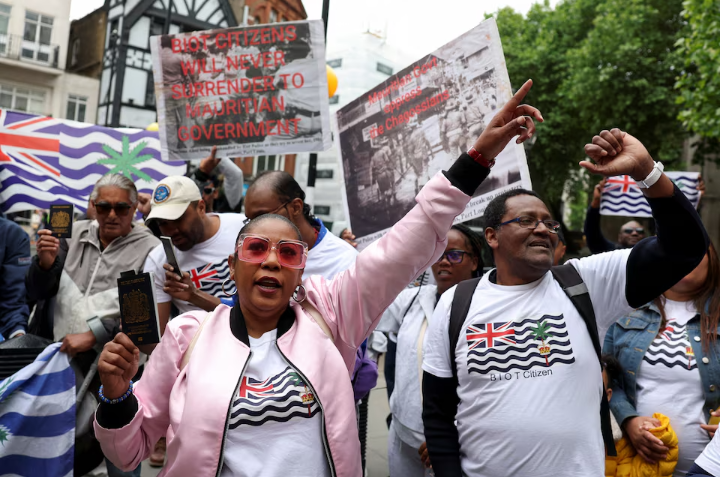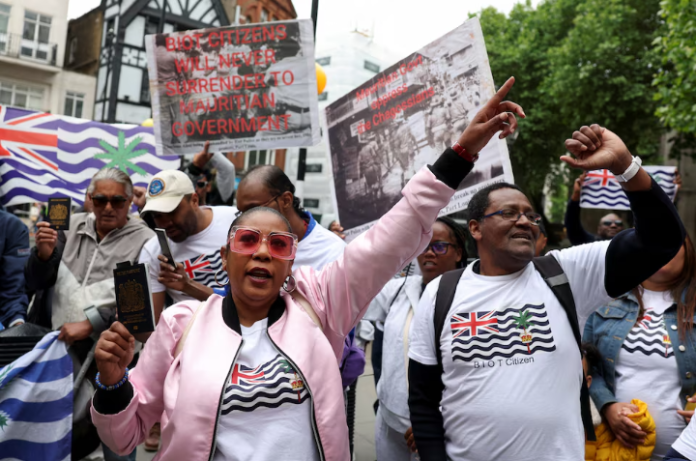The UK government has officially signed a landmark agreement with Mauritius to transfer sovereignty of the Chagos Islands—a move that secures the long-term future of a vital U.S.-UK military base on Diego Garcia. This historic decision came just hours after a British judge lifted a last-minute court injunction that had halted the deal.
The agreement grants Britain a 99-year lease on Diego Garcia, the largest island in the Chagos archipelago, ensuring that the U.S.-UK air base can continue operating. This base has played a key role in global military operations, from counter-terrorism missions in the Middle East to strategic deployments in the Indo-Pacific.
British Prime Minister Keir Starmer defended the move at a press conference, stressing its importance for national and global security. “The strategic location of this base is of the utmost significance to Britain, from defeating terrorism in Iraq and Afghanistan to responding to threats in the Red Sea and Indo-Pacific,” Starmer stated. “By finalizing this deal now, on our terms, we’re ensuring strong protections against foreign interference.”
The agreement had initially been delayed due to legal action filed by Bertrice Pompe, a British national born on Diego Garcia. Pompe and other members of the Chagossian diaspora, who were displaced from the islands decades ago, have long criticized the UK government for not including them in sovereignty talks. A judge briefly granted an injunction to pause the deal but later reversed it, citing the potential harm to UK interests.
Mauritius has welcomed the deal, seeing it as a long-overdue step toward decolonization. Prime Minister Navin Ramgoolam celebrated the agreement, saying, “It’s total recognition of our sovereignty over the Chagos, including Diego Garcia.” He called the deal the final step in Mauritius’s long battle to reclaim control of the archipelago.
Under the terms of the deal, the UK will pay Mauritius £3 billion over the 99-year period. There’s also an option for a 50-year extension, with Britain maintaining the right of first refusal. Despite these concessions, critics—particularly from the opposition Conservative Party—have slammed the deal as a geopolitical blunder.

Priti Patel, Conservative foreign affairs spokesperson, labeled the agreement a “Chagos Surrender Deal,” arguing it could allow China to deepen ties with Mauritius and increase its influence in the Indian Ocean. “This is bad for our defense, bad for British taxpayers, and bad for Chagossians,” she wrote on X (formerly Twitter).
Supporters of the agreement, including U.S. Secretary of State Marco Rubio, praised it for bringing stability to the Diego Garcia military facility. “This deal secures the long-term, stable, and effective operation of our joint base,” he said.
Though the legal and political battles appear settled for now, the controversy surrounding the displacement of the Chagossians and their exclusion from the decision-making process continues to raise ethical questions. As geopolitical tensions in the Indo-Pacific rise, Diego Garcia’s strategic importance will only grow—making this deal one of the most significant moves in recent UK foreign policy.



